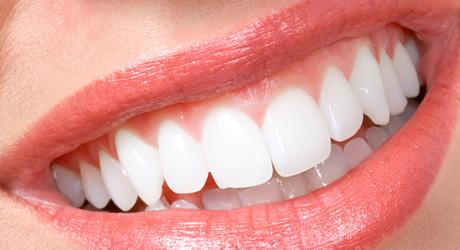Prabhupada, Mayapura, June 20, 1973: […] Still in remote villages, in forest, they do not come to the physician, doctors. The bils, the aborigines, they know so many drugs. For toothache, we go to the dentist and they extract the teeth, but I have read in Ayurvedic medicine, there is a drug, a root. Only if you touch this side of the mouth, all the germs collected within the teeth will come out. I have seen it. Sometimes in the year 1931 or ’32 I had a very severe tooth pain. So I was taken by my servant in the jungle to some, this vaidya. They cured me, and the dentist could not. I attended so many times to the dentist. I have got my practical experience. And in the Ayurvedic literature there is mention some drug, the root only if you touch here, the germs collected in the teeth, they will come out in the corner of the teeth some germs—sometimes it is itching; there is all germs—so they will come out. Sometimes pains in the toe. All they are germs. The germ theory is all right, but they want to cure these germs in different way. But by nature’s way there are so many drugs and roots and creepers that can cure all the diseases.
Full Lecture

"The dispute is likely to become a test case for who owns India’s folk medicines – a repository potentially worth billions."
HeraldSun: Colgate accused of toothpaste recipe theft
October 21, 2010 7:12PM — A LEGAL dispute between the US and India over a herbal toothpaste is leaving a bitter aftertaste between the two countries, with Colgate Palmolive accused of filing a bogus patent.
Colgate, the world’s largest producer of toothpaste, patented a toothcleaning powder in the hope that it would take the multibillion-dollar Indian oral hygiene market by storm.
However, Indian activists claim that the patent is bogus because the ingredients – including clove oil, camphor, black pepper and spearmint – have been used for the same purpose for hundreds, “if not thousands”, of years on the subcontinent.
The dispute is likely to become a test case for who owns India’s folk medicines – a repository potentially worth billions.
The American household goods giant was granted the patent in the US in June for what it claimed was a groundbreaking “red herbal dentifrice.”
The patent, the Indian activists allege, is the latest act of “biopiracy” – whereby Western corporations plunder techniques, plants or genes used in the emerging world for centuries, for commercial profit.
“This toothpowder is classical in origin,” said Devender Triguna, the president of the Association of Manufactures of Ayurvedic Medicines, an Indian body that promotes traditional remedies. It is demanding that the Indian government take legal action against Colgate.
“The ingredients date back to antiquity. They have been used by the common Indian man for thousands of years. So how can it possibly be patented?” Triguna asked.
Colgate did not respond to a request for comment. However, its patent filing argues that the use of red iron oxide, which is less abrasive than ingredients in traditional toothpaste, is new.
The case is the latest to anger India as it becomes increasingly vocal over the alleged pillaging of its ancient knowledge for commercial gain. It is one of 17 nations to form the Group of Like-Minded Megadiverse Countries, an alliance that has accused richer countries of tapping the emerging world’s natural resources for medicines and cosmetics without paying royalties.
India is in the process of creating 34 million webpages to document its ancient medicinal techniques to stop them from being claimed by foreign profiteers.







coolgate are asses, all devotees should not use their products as they use animal fats as glycerine.